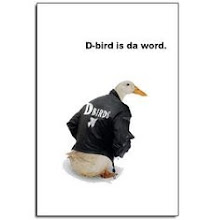An opinion piece in the New York Times, Bits, Bands and Books by Paul Krugman, puts forward the view that:
In 1994, one of those gurus, Esther Dyson, made a striking prediction: that the ease with which digital content can be copied and disseminated would eventually force businesses to sell the results of creative activity cheaply, or even give it away. Whatever the product — software, books, music, movies — the cost of creation would have to be recouped indirectly: businesses would have to “distribute intellectual property free in order to sell services and relationships.”
and
Bit by bit, everything that can be digitized will be digitized, making intellectual property ever easier to copy and ever harder to sell for more than a nominal price. And we’ll have to find business and economic models that take this reality into account.
In an e-book world of the future, what is the role of the library? If the price of books, delivered to e-readers such as the Amazon Kindle (when will this be for sale here in Australia?) comes down so much, will it make that content more widely available, and students will be able to own, or rent? content independently of a school library. They can now, of course, with the internet, or physical books.
How can authors make a living if content is sold so cheaply?
How will students learn to navigate the e-book jungle to the ones that will be of most use to them? - just as they need this guidance with the net.
Food for teacher librarian thought.
Subscribe to:
Post Comments (Atom)






















No comments:
Post a Comment